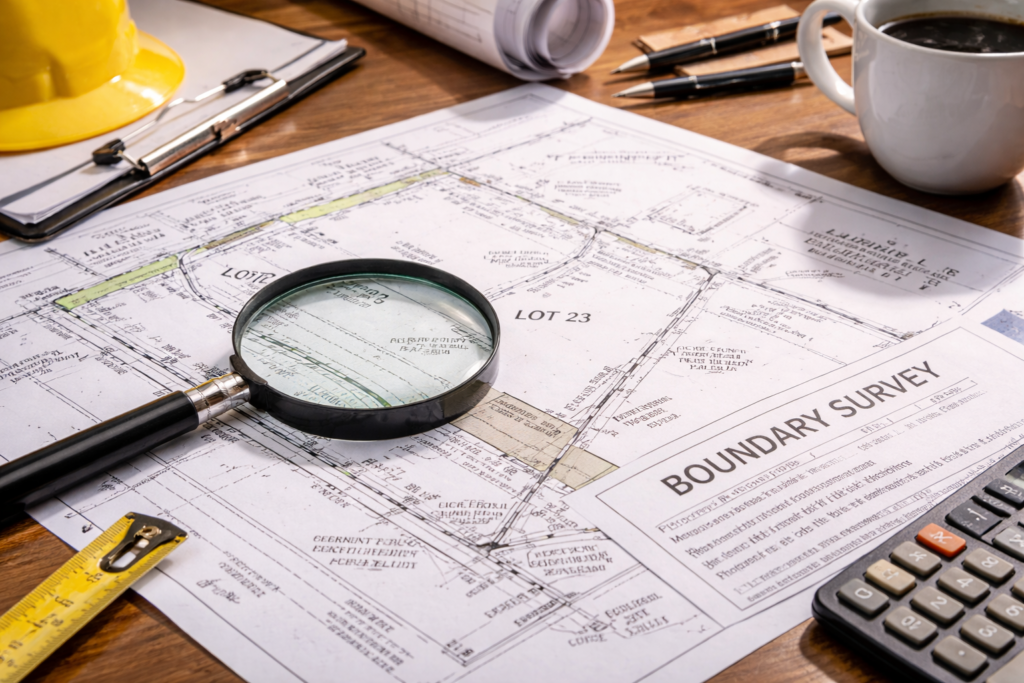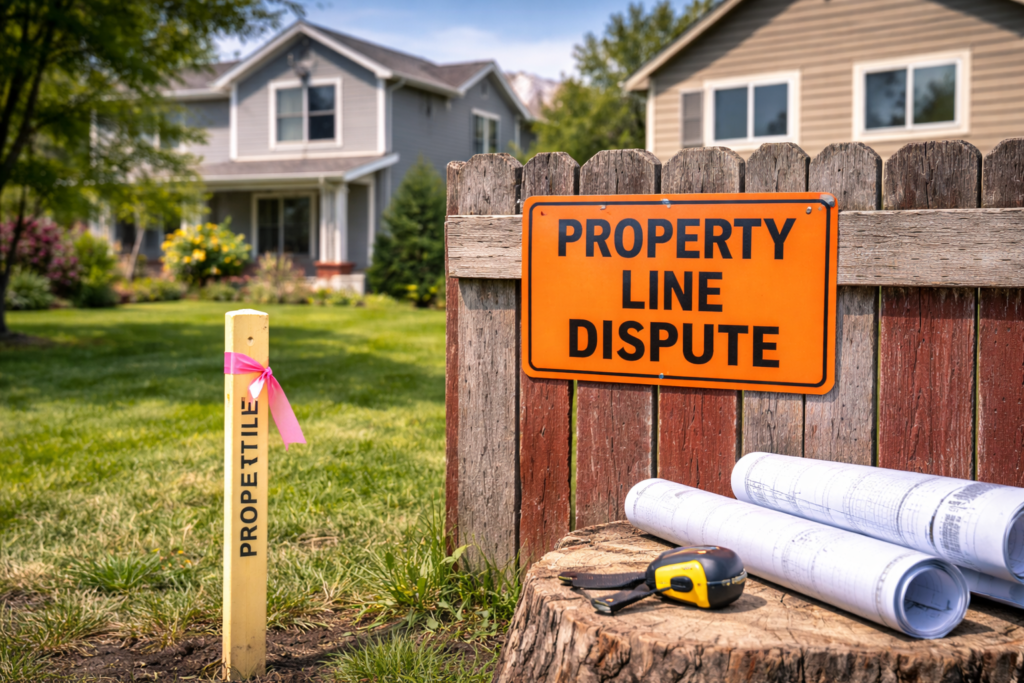In the world of real estate and land surveying, terms like “plot” and “plat” are often used, sometimes interchangeably, leading to confusion. While they may sound similar, these terms have distinct meanings and implications. At Cook Surveying, we frequently encounter both plots and plats in our work and understand the importance of distinguishing between the two. This article aims to clarify the difference, providing a deeper understanding for homeowners, developers, and anyone interested in land and property.
Understanding the Plot
Definition and Characteristics
A plot refers to a marked piece of land, usually intended for a specific purpose such as building a home, commercial building, or agricultural use. It is a defined piece of land in terms of boundaries and usage.
Personal and Practical Use:
When individuals talk about purchasing a piece of land for personal use or development, they are typically referring to a plot. It’s a term more commonly used in everyday language and often comes into play in discussions of land sales and real estate development. For more insights into land use and development, you can visit Urban Land Institute.
The Significance of a Plat
Plat Explained
A plat, on the other hand, is a more technical term used in land surveying and municipal planning. It refers to a map, drawn to scale, showing the divisions of a piece of land. It includes detailed information, such as boundaries, land size, nearby streets, and sometimes topographic data.
Legal and Planning Contexts
Plats are used for a variety of legal and planning purposes. They play a crucial role in land subdivisions, showing how a larger piece of land is divided into smaller plots. This is often a step required by local governments for property development, zoning, and public record purposes. To see examples of how plats are used in land development, you can explore Cook Surveying’s services.
Comparing Plot and Plat
Differences in Usage
While a plot is a physical piece of land, a plat is a graphical representation. The plot is what you physically own or might buy, while a plat is a document that provides detailed information about the land.
Importance in Real Estate and Surveying
In real estate, understanding the difference is vital, especially when it comes to legal documentation and land transactions. For surveyors and planners, like those at Cook Surveying, creating accurate plats is a crucial part of the job, ensuring that land is developed and recorded correctly.
Legal Implications and Records
Plats are often recorded with local government or land offices, becoming part of the public record. They provide essential information for future land transactions, developments, or disputes. Plots, while they may be part of these records, are more about the actual use and development of the land.
Conclusion
Understanding the difference between a plot and a plat is essential for anyone involved in land acquisition, development, or surveying. While a plot is the actual piece of land you might own or develop, a plat is a detailed map that provides important legal and topographical information. Recognizing these distinctions helps in navigating the complexities of real estate and land use planning.




